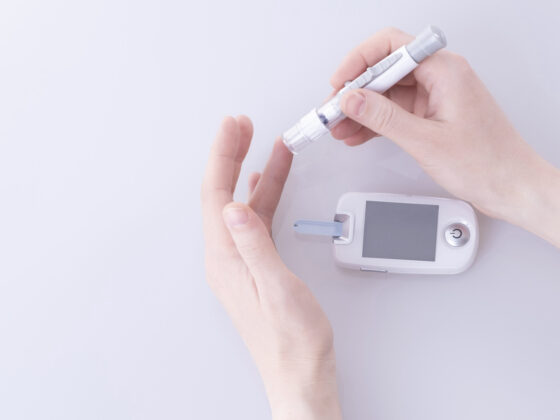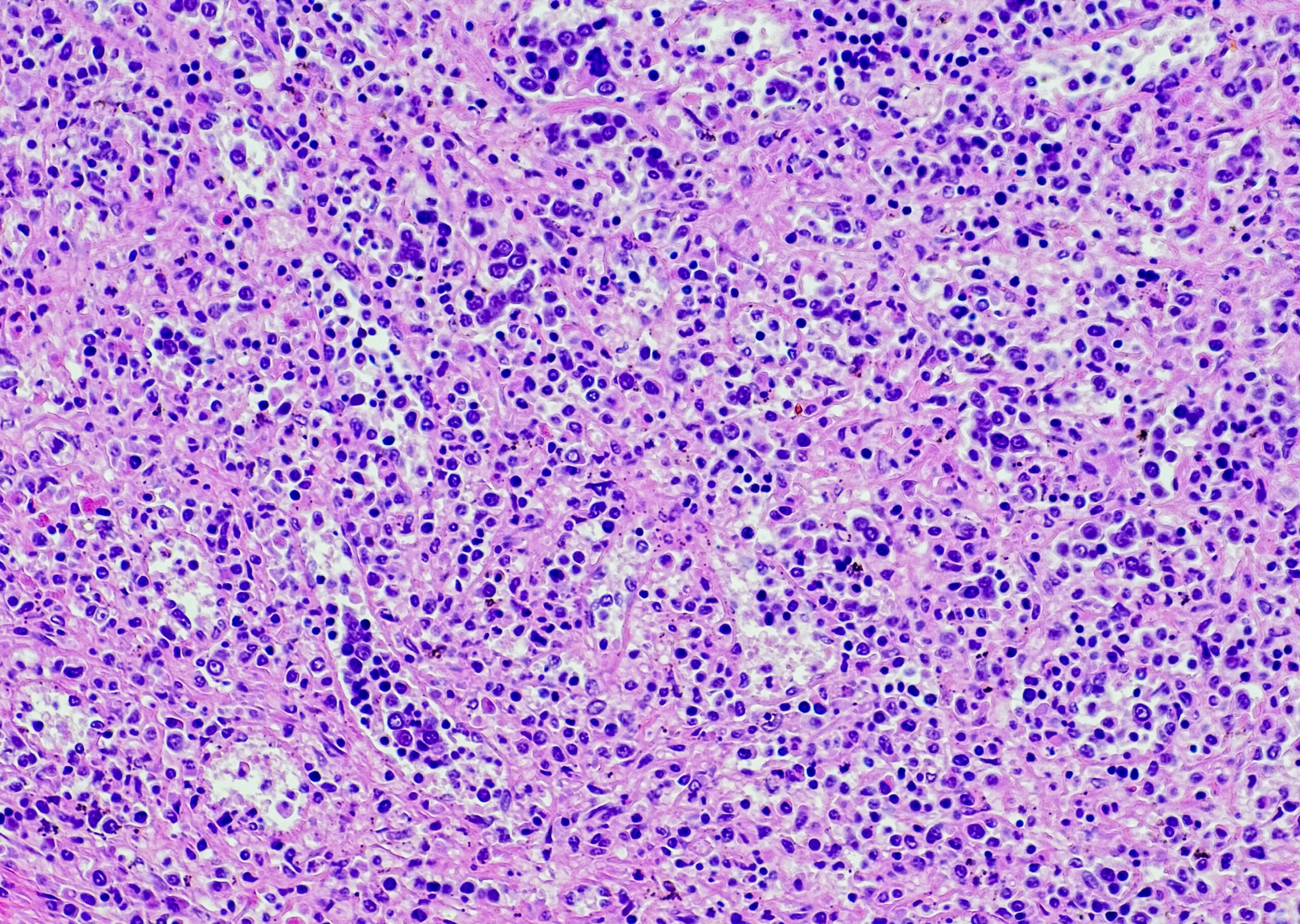Glatiramer acetate 20 mg/ml and 40 mg/ml, indicated for the treatment of relapsing forms of multiple sclerosis (RMS) in Europe, has updated its SmPC. The product is now approved for use during breastfeeding.
In Europe, nearly half a million women live with MS. The disease is most common in childbearing age, and about half of mothers with MS start their families after diagnosis. The pregnancy rate in MS is steadily increasing. Recent studies show that pregnancy does not worsen the course of the disease. However, studies have found that the frequency of relapses increases after the birth of a child, the postpartum period, so MS treatment may need to be resumed. Previously, women were then always faced with the decision of breastfeeding their child or resuming treatment. With about half of women with MS choosing to breastfeed, according to a U.S. study, the safety of medications used to treat MS while breastfeeding is important to mothers. Medical needs have not yet been met.
Now the technical information of Copaxone® could be updated. The product is now approved by EU health authorities for use in breastfeeding. The package insert was updated following a review of clinical and nonclinical data, including the most recent data from the COBRA Real-World Evidence Study, which evaluated the safety of infants breastfed by mothers with MS who received treatment with glatiramer acetate in the first 18 months of life.
COBRA, the largest standardized analysis of data from the German National Multiple Sclerosis and Pregnancy Registry, examined the safety of a total of 120 infants, 60 of whom were breastfed by mothers on glatiramer acetate therapy. The study concluded that there is no evidence that maternal exposure to glatiramer acetate during breastfeeding has adverse effects on infants. This was measured by the number of hospitalizations, antibiotic treatments, developmental delays and growth parameters in the first 18 months of life. The package insert update informs neurologists and other healthcare professionals, about the positive benefit-risk ratio of glatiramer acetate in breastfeeding.
Professor Kerstin Hellwig, MD, principal investigator of the COBRA-RWE study, Bochum (D), summarizes: “The benefits of breastfeeding for mothers and their infants are clinically significant and well documented, but in the past there were few clinical safety data for infants breastfed by mothers with MS treatment. Today, it is believed that breastfeeding may be protective for mothers with MS. The results of the COBRA study reinforce the decision of mothers with MS to breastfeed without having to rule out MS treatment. This is an important contribution to what is currently a significant medical need.”
Source: Teva Pharmaceutical Industries Ltd.
InFo NEUROLOGY & PSYCHIATRY 2022; 20(2): 37.











